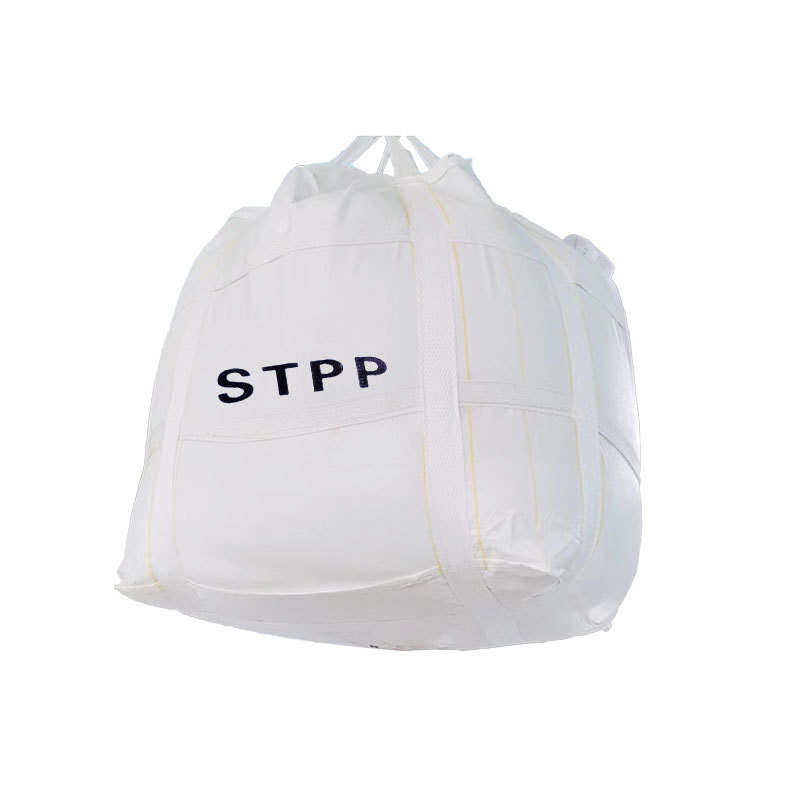Understanding Tech Grade STPP Factories: An Insight into Production and Applications
2025-09-03
Sodium Tripolyphosphate (STPP) is a versatile chemical compound that serves various applications, particularly in the biochemical industry. Tech grade STPP refers to the quality of STPP that meets specific technical requirements for industrial use. Manufacturing tech grade STPP involves a series of precise chemical processes designed to ensure high purity and performance, which are essential for i

Sodium Tripolyphosphate (STPP) is a versatile chemical compound that serves various applications, particularly in the biochemical industry. Tech grade STPP refers to the quality of STPP that meets specific technical requirements for industrial use. Manufacturing tech grade STPP involves a series of precise chemical processes designed to ensure high purity and performance, which are essential for its effectiveness across various applications.
The production of tech grade STPP typically begins with the careful selection of raw materials, primarily phosphoric acid and sodium carbonate. These materials undergo a controlled reaction under specific conditions of temperature and pressure. The reaction produces sodium tripolyphosphate through a series of intermediate compounds. It is crucial to monitor the reaction closely to achieve the desired purity levels and to minimize the presence of impurities that could impact the final product's performance.
Once synthesized, the tech grade STPP undergoes rigorous quality control measures. These measures include analytical testing to determine the compound's chemical composition, as well as its physical properties such as solubility and particle size distribution. Such testing ensures that the STPP produced meets industry standards and is suitable for its intended applications.
In the biochemical sector, tech grade STPP is predominantly used as a builder in detergents and cleaning products. Its ability to soften water and enhance the efficiency of surfactants makes it a favored choice in laundry and dishwashing formulations. Additionally, STPP is employed in food processing as a preservative and emulsifier, showcasing its diverse applications beyond cleaning products.
Moreover, tech grade STPP is also utilized in the ceramics industry, where it acts as a binder in the production of ceramics and glass. Its role in enhancing the mechanical properties and durability of ceramics further emphasizes its importance in industrial applications.
Another noteworthy application of tech grade STPP lies in the agriculture sector, where it serves as a fertilizer ingredient. By providing a source of phosphate, it plays a crucial role in promoting plant growth and improving crop yields.
In conclusion, understanding the processes and applications of tech grade STPP factories is essential for stakeholders in the biochemical industry. From production to application, the significance of this compound cannot be overstated. As industries continue to evolve, the demand for high-quality tech grade STPP will likely remain robust, making it a critical component in various manufacturing processes.
The production of tech grade STPP typically begins with the careful selection of raw materials, primarily phosphoric acid and sodium carbonate. These materials undergo a controlled reaction under specific conditions of temperature and pressure. The reaction produces sodium tripolyphosphate through a series of intermediate compounds. It is crucial to monitor the reaction closely to achieve the desired purity levels and to minimize the presence of impurities that could impact the final product's performance.
Once synthesized, the tech grade STPP undergoes rigorous quality control measures. These measures include analytical testing to determine the compound's chemical composition, as well as its physical properties such as solubility and particle size distribution. Such testing ensures that the STPP produced meets industry standards and is suitable for its intended applications.
In the biochemical sector, tech grade STPP is predominantly used as a builder in detergents and cleaning products. Its ability to soften water and enhance the efficiency of surfactants makes it a favored choice in laundry and dishwashing formulations. Additionally, STPP is employed in food processing as a preservative and emulsifier, showcasing its diverse applications beyond cleaning products.
Moreover, tech grade STPP is also utilized in the ceramics industry, where it acts as a binder in the production of ceramics and glass. Its role in enhancing the mechanical properties and durability of ceramics further emphasizes its importance in industrial applications.
Another noteworthy application of tech grade STPP lies in the agriculture sector, where it serves as a fertilizer ingredient. By providing a source of phosphate, it plays a crucial role in promoting plant growth and improving crop yields.
In conclusion, understanding the processes and applications of tech grade STPP factories is essential for stakeholders in the biochemical industry. From production to application, the significance of this compound cannot be overstated. As industries continue to evolve, the demand for high-quality tech grade STPP will likely remain robust, making it a critical component in various manufacturing processes.
PREVIOUS:


 TESFA STPP
TESFA STPP